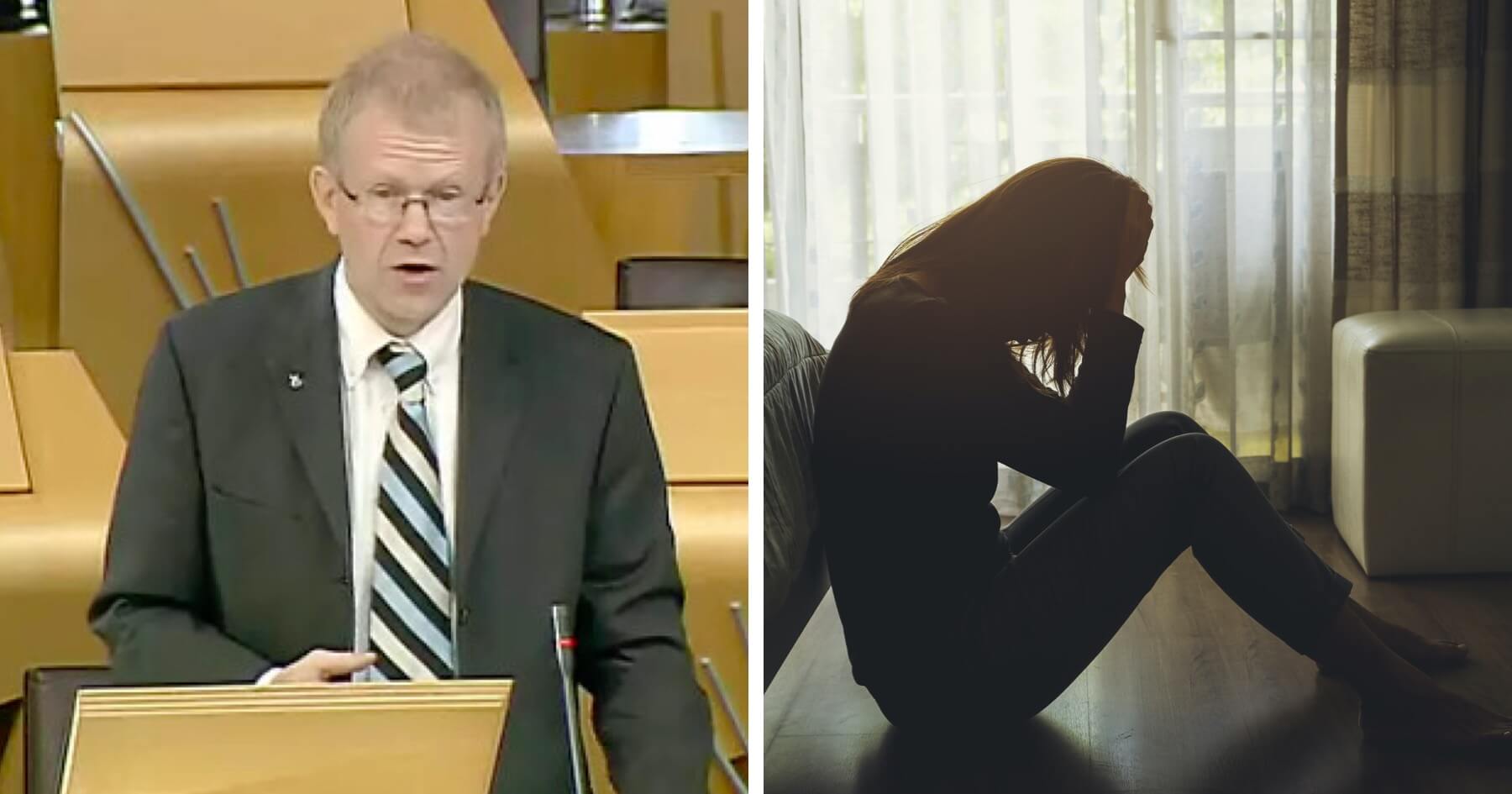A member of the Scottish Parliament has expressed strong opposition to the permanent introduction of ‘DIY’ home abortion, as a Scottish government consultation continues to take evidence on its future until the 5th January.
In March of this year, the Scottish Government introduced ‘DIY’ home abortion, supposedly for the duration of the Covid-19 emergency, but are now considering making this change permanent despite the many safety concerns and abuses which have already come to light.
Problems caused by lack of in-person consultation
In a comment piece in the Times, John Mason, SNP MSP for Glasgow Shettleston raised concern with the serious problems associated with a lack of in-person consultation:
“There is no entirely reliable way to verify the stage of pregnancy without an ultrasound or physical examination”.
“The abortion provider [BPAS] has already announced investigations of nine cases of women taking abortion pills beyond the ten-week limit, while police in England are investigating the death of an unborn baby after the mother took home-abortion pills when she was 28 weeks’ pregnant”.
Earlier this week, Baroness Stroud made the same point when she highlighted that “there are at least 52 cases officially reported to the Department of Health and Social Care of women who were provided pills-by-post beyond 10 weeks’ gestation, including one case where the unborn child was at 28 weeks’ gestation (beyond the legal limit)”.
Coercion and abuse
Mr Mason went on to point out how ‘DIY’ home abortions are open for abuse saying:
“The dangers of exacerbating coercion and undetected abuse through unsupervised at-home abortion are similarly sidelined by proponents of the scheme”.
Alongside the medical complications of ‘DIY’ home abortion, Baroness Stroud also decried the potential for abuse and coercion, which becomes difficult to detect without in-person consultation.
She noted: “This poses a threat to vulnerable women and girls who are at risk from an abusive partner, sex-trafficking or child-sex abuse, as the home abortion could be used by their abusers as a means to more easily cover up trafficking or abuse scandals”.
“There appear to be very few reasons to make the change permanent”
Critics of ‘DIY’ home abortions have highlighted the large potential for abuse from the beginning, pointing out that once abortion pills are sent in the post, there is no guarantee about who ultimately takes them. A series of undercover investigations earlier this year revealed how a number of women were able to obtain pills for their children by pretending to be pregnant themselves. Other women in the investigation were able to obtain abortion pills after the 10-week limit.
Mr Mason concluded: “These serious matters deserve immediate redress. Weakening safeguards and waiving safety concerns for some of the most vulnerable in our society is surely the wrong move. The women of Scotland deserve better.”.
Right To Life UK spokesperson, Catherine Robinson, said:
“The COVID-19 pandemic and lockdown are causing a genuine crisis for the entire nation and abortion providers are once again showing their concern to maximise abortion access and revenue at all costs. They appeat to be entirely unconcerned about the very serious dangers of ‘DIY’ home abortions.
The fact that this scheme was ever introduced is a medical and Parliamentary tragedy, and were it to be extended, it would only bring Parliament into further disrepute”.











